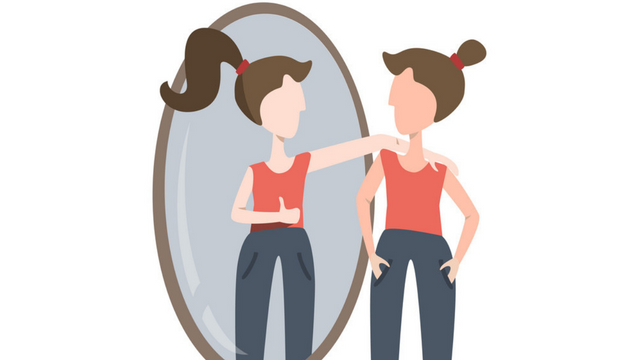Self-Acceptance
You may need to begin accepting yourself for WHO and WHAT you are. Getting help from a therapist can help you do this. A therapist can help you understand your history, establish boundaries, and speak to yourself with confidence. You may also need to learn how to assertively communicate with others. If people are always critical of you, for example, you may need to set boundaries and explain why you feel this way.

Self-acceptance
Self-acceptance means to accept yourself for what you are. If you are not happy with something in your life, or if you are not comfortable with what others think about you, self-acceptance is the solution. The first step towards self-acceptance is to know yourself better. By accepting yourself for who and what you are, you will make yourself more attractive to others. If you are a perfectionist, self-acceptance is vital for your self-esteem.
Exercises to build self-acceptance
The first step in self-acceptance is developing self-awareness. Exercises to build self-acceptance include discovering the unique characteristics of one's personality and exploring these traits in writing. One exercise that can help one become more self-aware is VIA Strengths, a personality assessment that can help determine unique traits that make an individual stand out. These exercises can help you develop a healthy perspective on yourself and improve your self-esteem.
Signs that you are conditionally or unconditionally accepting of yourself
Self-acceptance means accepting yourself, regardless of the negative aspects of your personality. It is important to distinguish between approving and condoning undesirable traits. Many clients struggle with accepting themselves even after they have done terrible things. Acceptance of yourself means embracing the person you are, not condoning or appreciating what you don't like about yourself. However, it doesn't mean you should ignore the negative aspects of your personality.
Steps to building self-acceptance
Achieving a higher self-acceptance level requires a strong emotional resilience, especially in children. Today's world is full of comparisons and ratings for just about everything. Whether children are influenced by the media or learned from their parents' mistakes, their teachers can help them develop a growth mindset. As parents and teachers, we can be role models of self-acceptance and help them become comfortable with who they are.

Signs that you are not practicing self-acceptance
If you don't practice self-acceptance, you're doing yourself a disservice. Low self-acceptance is detrimental to your psychological health. You might not like your looks, your character, or your personality. Or, you might have a negative attitude and feel unable to love yourself. Regardless of the cause, it is detrimental to your self-love and self-esteem.